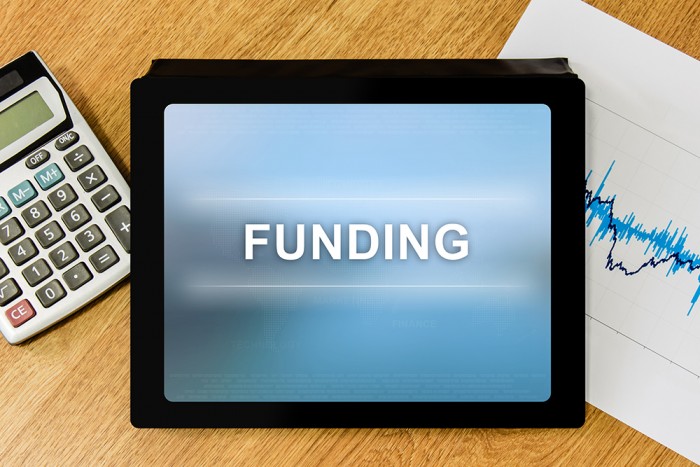Jim Sharp
OCDEL Releases Updated Telehealth Guidance
PFSA to Host Free Spotlight Speaker Series: CEUs, CLEs, and Act 48 Credits Available
OMHSAS Combined Stakeholder Webinar — April 19
PA Partnership for Children — Casey Initiative
RCPA is eager to support our partner, Pennsylvania Partnerships for Children (PPC), with Casey Family Programs as they look to facilitate community engagement sessions aimed at elevating the lived experiences of those parents and caregivers who have been involved with the Child Welfare System. The purpose would be to learn what policies and practices can focus on primary prevention, family support, and reduction of out-of-home placement. PPC is looking to identify providers who have access to parents and caregivers with a history of formal involvement with the child welfare system through either a referral, in-home services, or placement. The parent or caregiver cannot have current involvement with a county child welfare agency.
The focus group would be coordinated between the provider and PPC and would take approximately 2 hours. Parents and caregivers will be compensated for their time.
We hope our members can support PPC efforts in engaging potential parents in this initiative. If interested, or if you have any questions, contact Policy Director Rachael Miller or RCPA Policy Director Jim Sharp.
OMHSAS Bulletin Release: Emergency Services 302 Commitment Timeframe
The Office of Mental Health & Substance Abuse Services (OMHSAS) has released the following bulletin that applies to county mental health/intellectual and developmental disability (MH/ID) administrators, base service units (BSU), mental health review officers, county crisis intervention programs, and hospital emergency departments.
The purpose of this bulletin is to clarify the part of the Mental Health Procedures Act (MHPA) referring to the involuntary commitment process under Section 302 and the 120-hour limitation on holding a consumer for involuntary emergency examination and treatment.
If you have any questions, please call 717-772-7900 or contact RCPA Policy Director Jim Sharp.
OCYF Monthly Trauma Team Newsletter
RCPA welcomes members to check out the Office of Children, Youth, and Families’ (OCYF) Trauma Team Newsletter. Please join us in recognizing Child Abuse Awareness Month this April, and stay tuned for articles and stories that highlight the importance and awareness for children’s safety.
If you have any questions, please contact RCPA Children’s Policy Director Jim Sharp.
Message From OMHSAS Deputy Secretary Kristen Houser on Act 14 & the Regulatory Suspension Extension


















